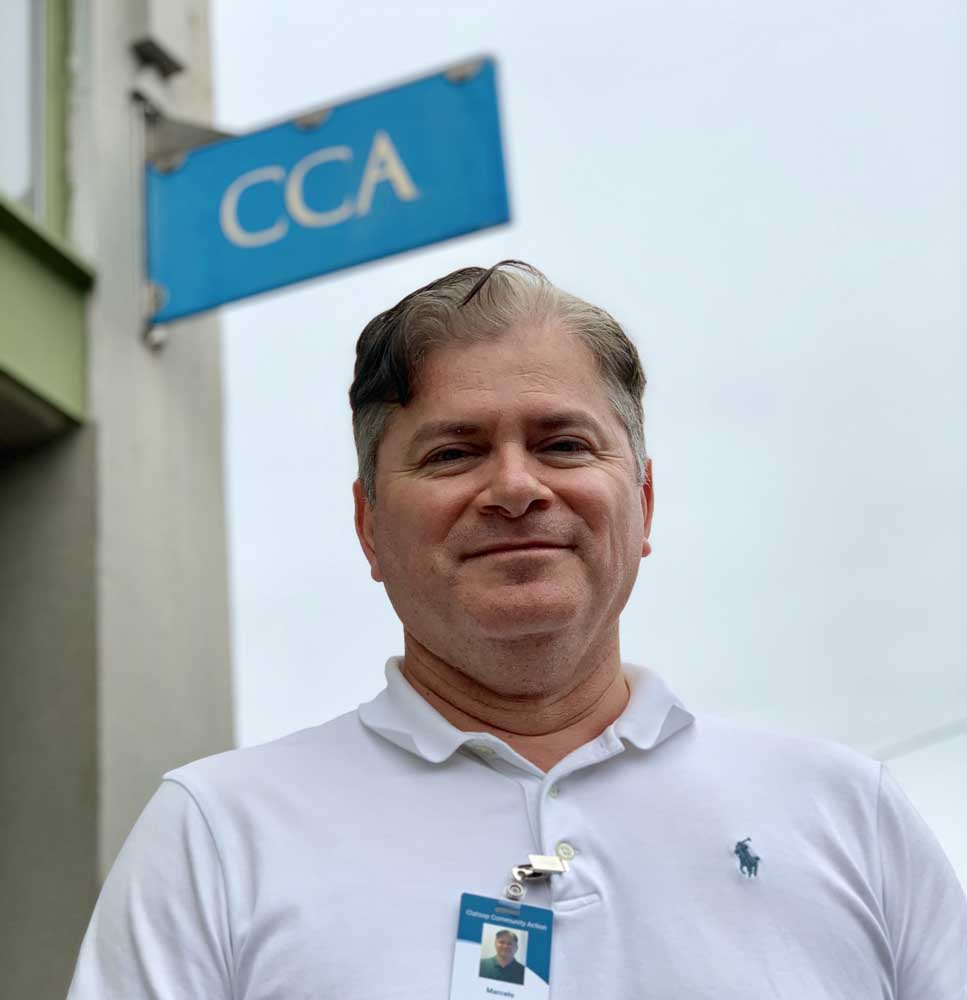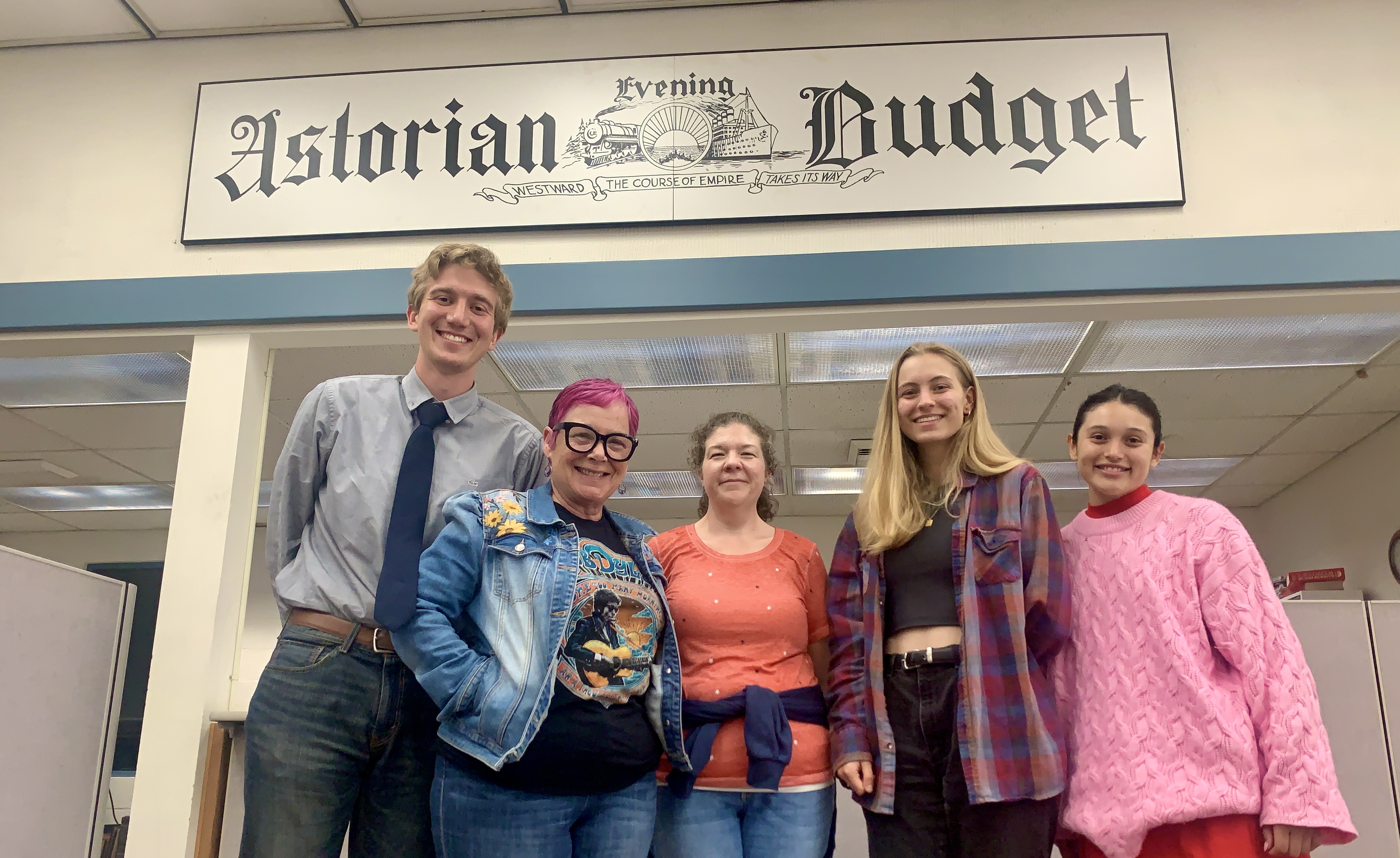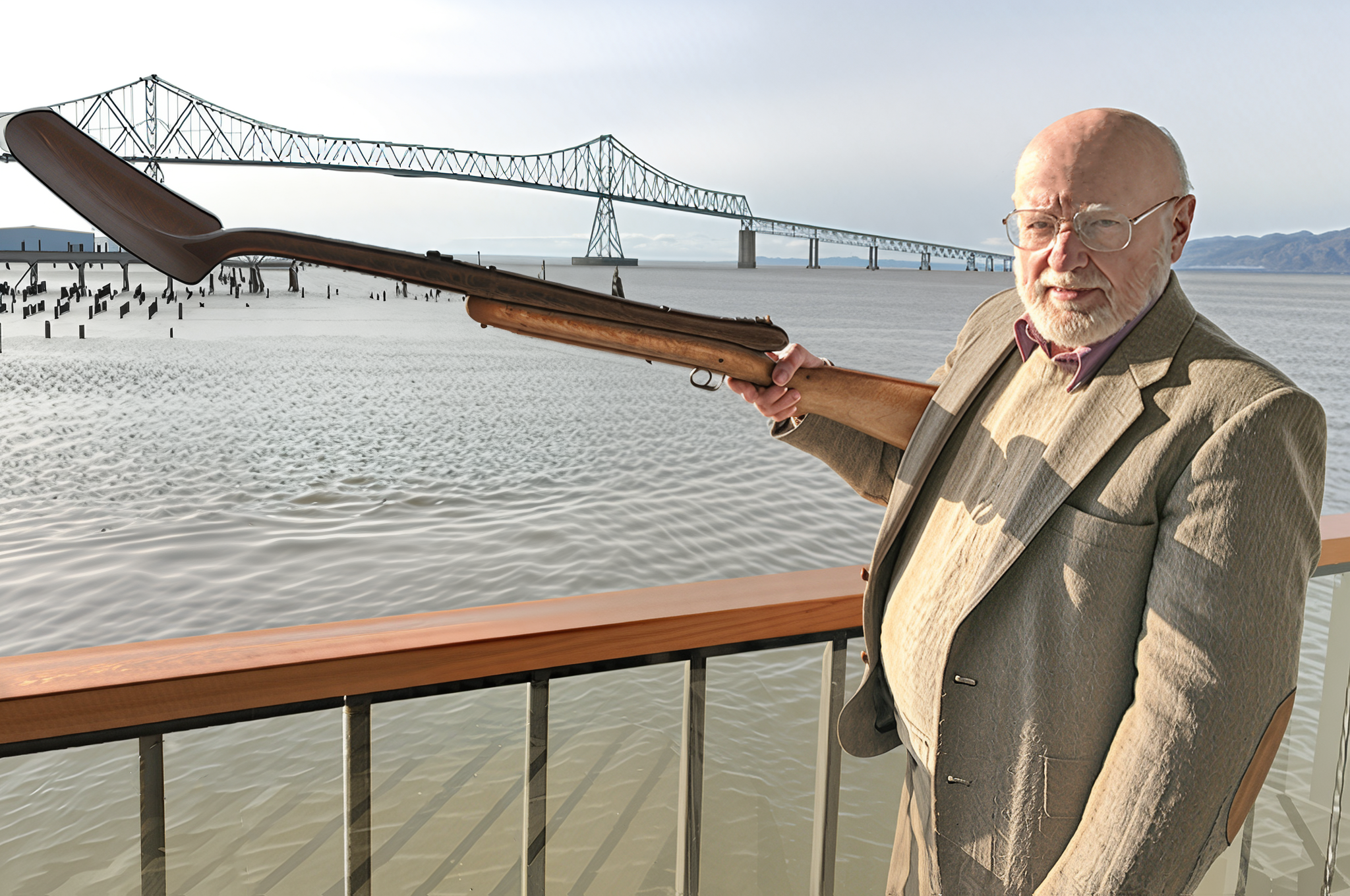Everyday People: Social services worker helps reduce language barriers
Published 12:15 am Monday, September 20, 2021

- Marcelo Hernandez, a bilingual case manager at Clatsop Community Action, outside the Astoria office.
Marcelo Hernandez stepped into his job as a bilingual case manager at Clatsop Community Action in summer 2020.
At that time, the nonprofit had taken on a new function doing wraparound services when people tested positive for the coronavirus.
Hernandez and other staff were helping exposed and infected individuals and families around Clatsop County ride out two weeks in quarantine. They moved homeless people from Seaside’s Helping Hands facility into hotels, did the same for tourists who caught COVID-19 while visiting, brought meals to them and to families in isolation, even transported people via emergency vehicles because public transit was off limits to virus cases.
It was a busy time.
“We coordinated, all the team here — not just me, all the team,” Hernandez said.
When COVID-19 vaccines became available earlier this year, the need for wraparound services began to wane. “We were happy — it was decreasing a lot,” he said. Then the state lifted many virus restrictions, vaccinated and unvaccinated alike began to reenter the world and the more contagious delta variant arrived, followed by a surge of new virus cases.
“And we start again,” he said.
As a social services worker, Hernandez helps people find assistance with rent, utilities, food, medical issues, transportation — the immediate needs that, once met, allow for other forms of fulfillment. “Small things make big changes,” he said.
To a role already designed to touch people’s lives in difficult and desperate moments, the virus added a new and urgent dimension. Hernandez has clients many months behind in rent, for example, because their jobs disappeared during the pandemic.
Hernandez serves as a translator for the local Latino community at the COVID-19 testing site at Camp Rilea Armed Forces Training Center in Warrenton. He’s also been on the frontlines of the mass vaccination effort, translating between health care workers and vaccine recipients at county-run clinics.
Originally from Chile, Hernandez emigrated to the U.S. in 2007. He came to Oregon by way of Tennessee, where he worked at a ski resort in Gatlinburg supervising international student employees. It is something he admires about his adopted country, that people can change their field, or remain in it if they excel. “You can do everything — I mean, you can do everything you want at some point,” he said.
In Astoria, he found his field in social work. “It’s my destiny probably,” he said with a laugh.
For about two years, he worked for a company driving veterans to Portland, Vancouver and Lebanon for medical treatment at U.S. Department of Veterans Affairs clinics. He landed his first Clatsop Community Action gig manning the agency’s community resource desk at Providence Seaside Hospital, where he worked for about 3 1/2 years, before coming to the Astoria office.
At Clatsop Community Action, “most people, they are coming here to ask for help,” he said.
When someone is spiraling emotionally, he has to remain cool. “They are not happy with their life, they are in (a) bad mood, or they have problems — you know, life,” he said. He knows he cannot mirror their frustration, rise to their level of intensity, or react with negativity of his own. If he cannot control the mood of the person, he can at least control the interaction by being patient and professional, a center of calm for someone in crisis.
Some people’s problems may run so deep that they cannot be helped — not fundamentally. But when the basics can be taken care of, “We start improving, a little bit, their life,” Hernandez said.
To keep his mind clean, Hernandez heads for the outdoors — riding his bike, camping and kayaking, going for runs and walks, and spending time with friends and his 14-year-old daughter.









